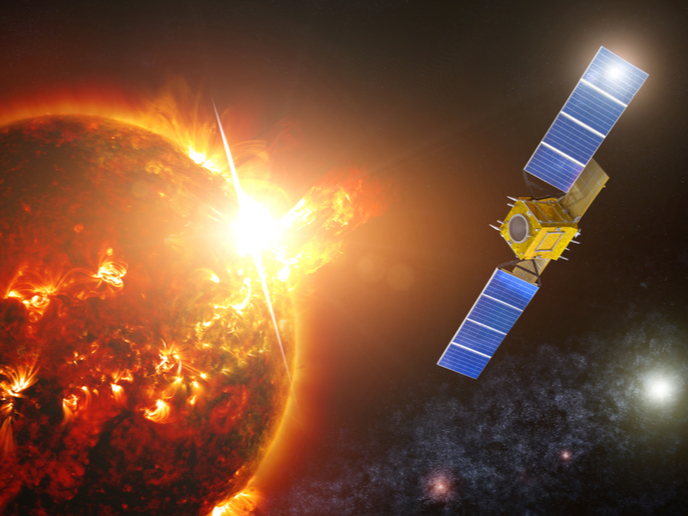EU-funded space weather scientist receives space weather and climate award
Prof. Horne was recently awarded the Kristian Birkeland Medal for Space Weather and Space Climate for his contributions to the field. Created in 2013, the Kristian Birkeland Medal is awarded annually to scientists who have uniquely combined basic and applied research to create weather products whose usefulness extend beyond the scientific community. Prof. Horne received the 2020 award in recognition of the fact that his work has helped improve space weather modelling and furthered understanding of the solar-terrestrial phenomena related to space weather.
Contributions to space weather and climate knowledge
Currently Head of Space Weather at the British Antarctic Survey, Prof. Horne had previously led two EU-funded projects on space weather and satellites: SPACECAST and SPACESTORM. The objective of the SPACECAST project was to develop a space weather forecasting system to protect satellites from high-energy particles generated by solar activity. The SPACESTORM project, in turn, created space weather prediction models to provide insight into how to mitigate the effect of space weather events on satellites. As a result of this work, the radiation hazard assessments of the United Kingdom’s National Risk Register of Civil Emergencies were updated and SPACESTORM team members contributed to the European Cooperation for Space Standardisation. According to a news item(opens in new window) posted on the ‘British Antarctic Survey’ website, the citation for the Kristian Birkeland Medal awarded to Prof. Horne reads as follows: “Professor Horne has made some of the most seminal contributions to the observations and theory of magnetospheric plasma waves and their interactions with various particle populations. He is the world leader in this field. He showed that wave-particle interactions play a major role in accelerating relativistic ‘killer’ electrons in the magnetosphere.” Having mastered the physics behind wave-particle interactions, Prof. Horne then broadened his research to include satellite radiation damage caused by energetic charged particles, for which he has received international acclaim. In the course of his career, Prof. Horne has published over 200 research papers, collaborated with numerous academic and research institutions, and served on United Kingdom space mission advisory committees and NASA funding panels. He is a fellow of the American Geophysical Union, the International Union of Radio Science, the Royal Astronomical Society and St Edmund’s College, Cambridge. Besides his most recent distinction, he was also awarded the Lloyds Science of Risk Prize in 2014, the International Union of Radio Science’s Appleton Prize in 2020 and a Doctor of Science from the University of Cambridge in the same year. The SPACECAST (Protecting space assets from high energy particles by developing European dynamic modelling and forecasting capabilities) project Prof. Horne coordinated ran for 3 years and ended in 2014. SPACESTORM (Modelling space weather events and mitigating their effects on satellites), which had the same duration as SPACECAST, ended in 2017. For more information, please see: SPACESTORM project website(opens in new window) SPACECAST project website(opens in new window)



